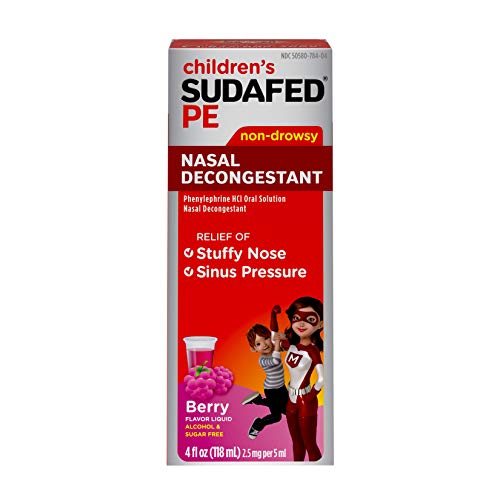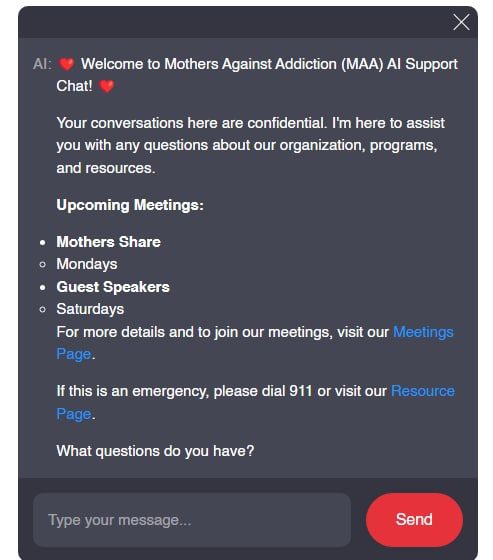Substance Use Disorder (SUD) is a critical issue impacting millions of families worldwide. Defined as a compulsive pattern of substance use despite detrimental consequences, SUD doesn’t just affect the person struggling with addiction; it sends ripples throughout their family and community. In fact, the emotional, physical, and financial strains that accompany this disorder can be staggering. Recognizing these dimensions is essential for facilitating healing and fostering resilience among families dealing with SUD.

Understanding SUD: A Comprehensive Overview
Understanding SUD means coming to terms with its devastating effects. Firstly, it robs families of their peace. The unpredictable behaviors of a loved one struggling with addiction can create chaos at home, causing constant worry and tension. Secondly, the emotional toll is often complemented by financial headaches. Families may find themselves spending exorbitantly on treatment, legal issues, and even emergency care costs. Thirdly, the stigma attached to addiction can lead to isolation. Many families shy away from social interactions, fearing judgment and misunderstanding from their community. All these factors culminate in a family dynamic that is often fraught with pain and upheaval.
Families facing SUD often battle feelings of deep sadness and frustration, intensifying during moments of crisis. A 2020 survey by the Substance Abuse and Mental Health Services Administration revealed that 57% of family members of individuals with SUD reported elevated levels of depression. It’s critical for families to understand that they’re not alone. Many resources exist, such as support groups and educational outreach programs, offering guidance through these overwhelming times.

7 Life-Altering Ways SUD Affects Families
Families caught in the grips of SUD experience intense emotional upheaval. Imagine sleepless nights filled with worries about a child’s safety or an adult’s questionable choices. The unpredictability breeds anxiety, anger, and a profound sense of hopelessness. Over time, relationship tensions escalate as communication breaks down.
The economic impact is no joke; it can leave families in dire straits. Treatment alone can be expensive, and those costs add up quickly. A 2000 study indicated that families could expect to spend an average of $8,000 annually on treatment-related expenses. Legal fees, missed workdays, and therapy sessions can create a financial landscape littered with obstacles.
Stigma associated with SUD often drives families into hiding. The fear of judgment leads to withdrawal from friends and community. It’s a feeling that many parents recognize all too well. When you’re scared to connect, it only deepens the emotional burden, complicating the journey toward healing.
Children in families affected by SUD face challenging emotional landscapes. They often experience neglect, either emotional or physical, and may even develop behavioral problems themselves. For instance, research indicates that children of parents struggling with SUD are 50% more likely to face mental health issues in their teenage years, which can interrupt their social development.
SUD can drive a wedge between partners who are already under immense stress. Counseling professionals have noted a 70% increase in relational conflict among couples grappling with addiction. The erosion of trust and communication can create an impenetrable divide, making it challenging for families to regroup and heal.
Finding help can feel like a daunting maze. Many families struggle to identify clinics that offer the right support services. Organizations like the Massachusetts SUD Resource Network are stepping in, but even then, navigating these resources can be confusing. Still, families must persevere and seek out every available option.
Recovery isn’t a solo journey; it requires family involvement. Programs like Al-Anon offer insights and coping strategies, teaching families how to support their loved one while also taking care of themselves. Understanding how to create a supportive environment can significantly impact recovery outcomes.

Innovative Models for Family Support in SUD Recovery
Families facing SUD must consider various support models to aid recovery. For instance, projects funded by new grant models are focusing on wellness through family therapy integrated into treatment programs. By addressing pain points specific to families, these innovative initiatives can create supportive atmospheres, facilitating a smoother path to recovery.
Organizations are also discovering the power of holistic approaches. Clinics that incorporate counseling, community support, and educational workshops can make a world of difference. By promoting a more significant understanding of SUD and breaking down the stigma surrounding it, these initiatives empower families to navigate the rocky terrain of addiction.
Examples like Jennifer Tilly appearing in films that address addiction may help shed light on its effects and encourage discussions. Meanwhile, new research projects exploring community-based interventions are emerging, highlighting innovative methods to assist families.

Embracing Hope and Recovery
As families grapple with the often overwhelming impact of SUD, hope can sometimes feel elusive. But recognizing the profound effect this disorder has on not just the individual but their entire family paves the way for healing. Embracing available resources, nurturing open conversations, and cultivating resilient support systems can help families heal and grow stronger together.
The journey through addiction is complex and fraught with difficulty. But within those challenges lie opportunities for understanding, connection, and ultimately, recovery. Families can emerge from their struggles empowered, united, and ready to build healthier lives moving forward.
For further assistance, explore the extensive resources offered at Mothers Against Addiction. You don’t have to face this battle alone—together, we can build a community of hope and love that supports healing.

Fun Trivia About SUD and Its Impact on Families
Surprising Stats and Facts About SUD
Substance Use Disorder, or SUD, affects millions of families, influencing not just those struggling with addiction but also their loved ones. Did you know that around 21 million Americans have at least one addiction? To put that in perspective, that’s more than the total number of people living with cancer! This staggering number highlights just how widespread the issue is and the profound impact it has on family dynamics. In many cases, these families experience significant trauma that echoes long after treatment begins. Speaking of trauma, it can really affect a person’s life, much like the struggles of iconic celebrities such as Johnny Depp young who’ve faced their own battles.
The Ripple Effect of SUD
Families often feel the weight of financial stress due to addiction. Surprisingly, recovery can even alter financial responsibilities—think student debt. When addiction strikes, managing expenses becomes a topsy-turvy affair, forcing families to rethink budgets. For those navigating this new terrain, tools like the student loan repayment calculator can be incredibly helpful. They provide families a clearer idea of how to manage ongoing financial commitments while supporting a loved one in recovery. The financial burden can dance around the unpredictability of addiction, similar to how trends in pop culture fluctuate, much like the excitement around the latest Smirnoff tamarindo flavor or the latest Jennifer Tilly Movies And TV Shows, which often reflect societal issues.
Cultural Reflections and Support Systems
The conversations around SUD have gained traction in recent years, thanks to increased awareness and understanding. In communities, the dialogue is shifting, with resources becoming more accessible. For example, families can now find supportive spaces that openly discuss the use of substances like cannabis or marijuana as transitions for recovering individuals or as part of ongoing debates about safe usage. Additionally, noteworthy conversations surrounding public figures such as Ziwe Fumudoh showcase how the media is addressing essential social issues, reinforcing that no one should feel isolated in their fight against SUD. Yet, the journey is one that requires patience and consistent support, echoing ongoing dialogues about addiction and recovery.
In summary, SUD is not just a personal struggle; it’s a collective fight impacting families far and wide. Through shared experiences, reflective conversations, and supportive resources, families can find their path to healing despite the challenges posed by addiction.




























